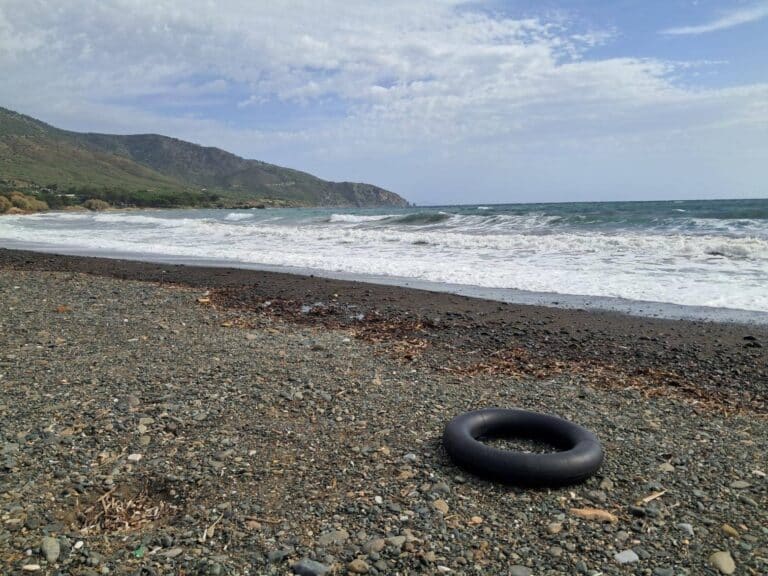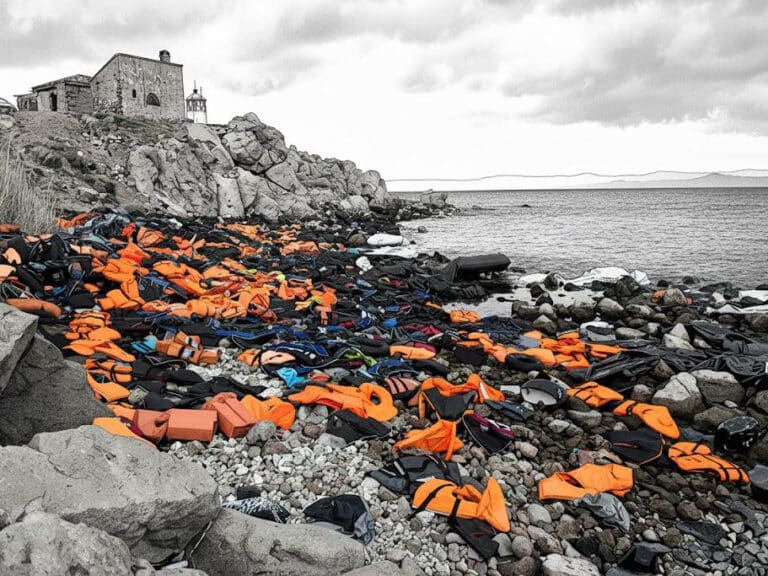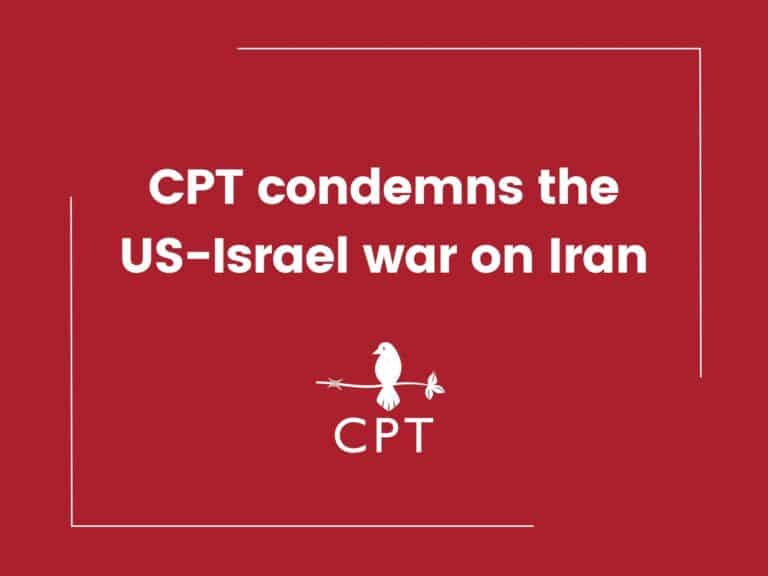CPTnet
7 August 2010
IRAQ REFLECTION: Dolma picnic brings urban Kurds, IDPs together
By Peggy Gish
On 23 July, men, women, and children at the Zharawa IDP (Internally Displaced
Persons) tent camp, in Kurdish Iraq, gathered to welcome families arriving from
the cities of Suleimaniya and Rania to share in a picnic and time of
fellowship.
CPT conceived the project during a team picnic. After someone advanced
the idea to gather food and transport it to the tent village, our veteran
driver and translator Mahammad Salah Mahde suggested, “It would be better for
people to make dolma (a traditional celebrative Middle Eastern food) and bring
it to the camp…. It would be good for a connection to be made between
families in the village and families from the city.”
After guests arrived, initial formality soon turned into laughter and casual
sharing as the morning progressed. Large platters of dolma were passed among
people sitting inside a large donated tent. After the meal children
gathered in circles to draw, while adults sat in smaller groups taking pictures
together and telling about their families. Local reporters milled about
videotaping and interviewing. Some of the visitors walked through the
rest of the camp, getting a better sense of what it might be like to be forced
from home and to live in such conditions.
Fifty-three-year-old Gula Abdul Rasul, who recently had surgeries on an arm and
a leg for her May 15 injuries by the Iranian shelling in her village of Maradu,
sat among the crowd with a radiant smile. With her left arm still
bandaged and in a sling, she showed CPTers an unhealed open wound on the
swollen arm. She was a visible reminder of the reason for the camp’s existence–the
extensive bombardment of northeastern Iraqi border areas by Turkey and Iran that forced the people to flee their villages two
years ago. CPT has been monitoring the attacks and their effects on the
thousands who have been displaced.
Over the past three months, leaders of these nine villages have met with government
officials of all levels to request assistance for building a new village
outside the areas of attacks yet close enough for them to return to their
villages at quieter times. So far, many officials have voiced support,
however they have not taken steps to make this happen. Other officials
have told displaced people just to go back to their villages, even though no
assurance can be given that they can do so in safety.
And so these people struggle to live between the past and the future, searching
for a way continue. They work to sustain themselves and to inspire hope
in their children in spite of the distressing circumstances created for them by
persons motivated by greed and ambition. They are unusually grateful for
each act of kindness shared with them.
Bayz Abbas Pirot, now living in the Zharawa camp, told us, “Everyone was happy
that the group came. Although the dolma was great,” he said, “the food is
not the main thing. It was the people coming from the city to see and be
with us that was important.” The 39 visitors also seemed moved personally
by this event. As we were leaving the camp the director of a Kurdish NGO commented,
“Thank you. This has opened our eyes to what is happening here.”



